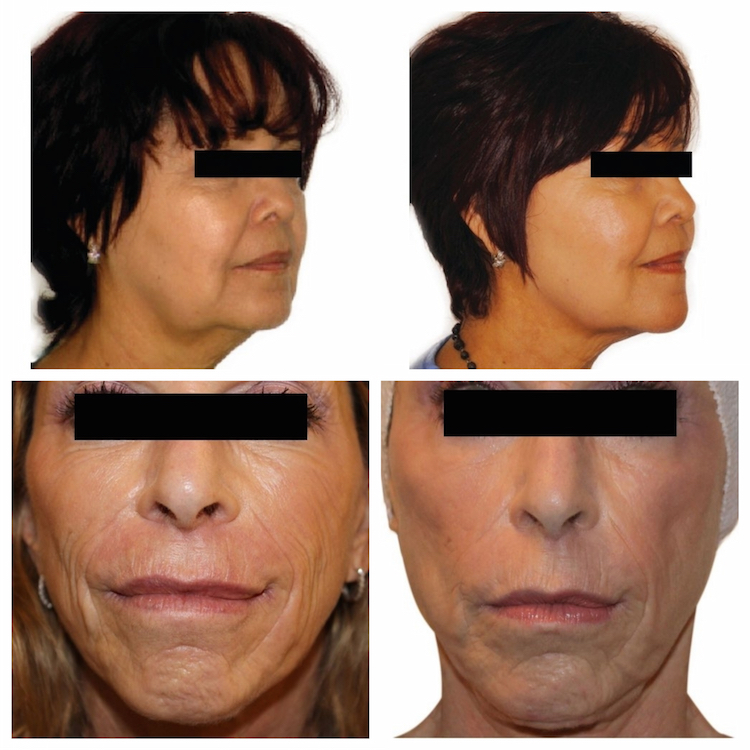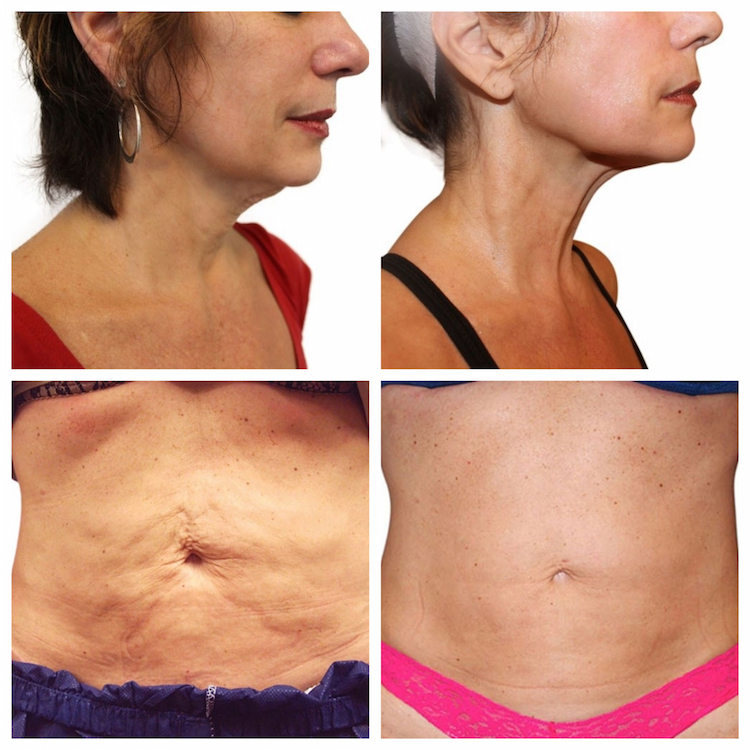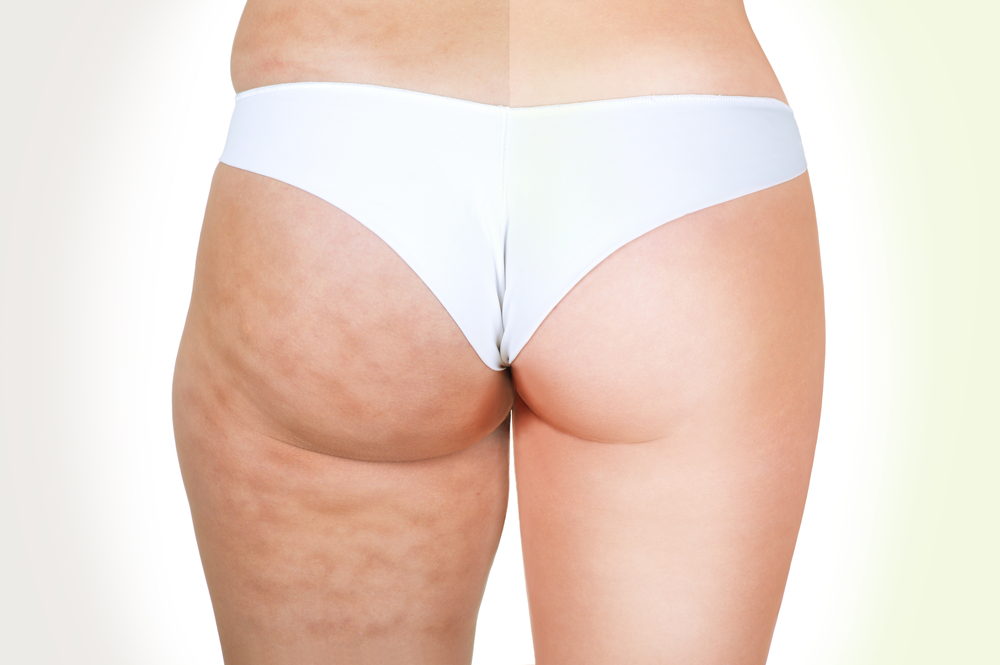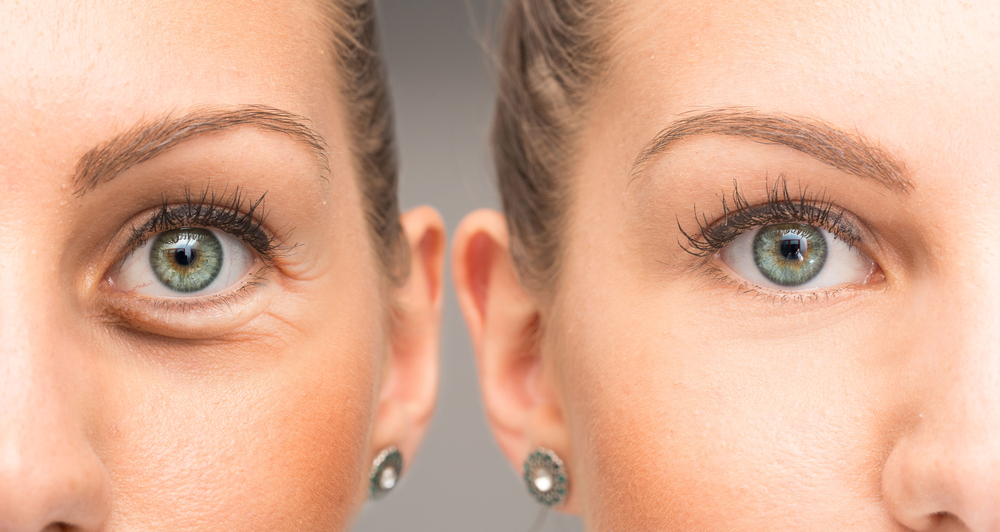- Venus Freeze uses magnetic fields and radio frequency to tighten skin on the face and neck.
- Six to ten sessions are generally required, spaced one week apart.
- The procedure is quick and painless, with no downtime whatsoever.
Our skin tends to lose its firmness and elasticity as a natural part of the aging process, and nowhere is this more noticeable than on the face and neck — two areas that are typically the most visible.
Cosmetic dermatology has come a very long way over the last two decades, and there are now many nonsurgical alternatives for facial rejuvenation.
What is Venus Freeze?
Venus Freeze is a skin-tightening device designed by Venus Concept, a leading producer of medical aesthetic devices.
The device consists of two hand-pieces: one with four electrodes for smaller treatment areas, and one with eight electrodes for larger treatment areas. The device was introduced to the North American market in 2011, but has been available in Europe and Asia since 2007.
Venus Freeze is used to tighten facial skin and diminish wrinkles without surgery, pain, or even recovery time following the procedure.
How does Venus Freeze work?
Venus Freeze uses a combination of radiofrequency (RF) and magnetic fields to heat the tissue beneath the skin, stimulating the production of fibrin and elastin, resulting in smoother and firmer looking skin.
The process produces a warming sensation that most patients find comfortable, if not pleasant, and which some have even compared to hot stone massage.
A typical session takes about 15–30 minutes. Though the number of sessions required will vary from patient to patient, Dr. Rhonda Q. Klein of Modern Dermatology in Westport, CT, says that “It generally requires 6–10 sessions for best results.” The manufacturer recommends spacing those sessions one week apart.
What results are typical with Venus Freeze?
Dr. Jennifer L. Walden, who practices at Walden Cosmetic Surgery & Laser Center in Austin, Texas, describes what patients can hope to achieve from the process:
“Venus Freeze treatments succeed at tightening skin in multiple areas. Many patients experience firmer skin, softening of wrinkles, and a reduced appearance of cellulite.”
Dr. Klein adds that “Patients will see tightening and smoothing of the skin if they are the right candidate and complete the full treatment course. The results build over time, so you may not see a difference after one single treatment session.”


Who is a good candidate for Venus Freeze?
Dr. Klein suggests that “Patients with minimal laxity will benefit most from Venus Freeze. It is not going to debulk fat or cellulite, or help with significantly lax skin.”
She also cautions certain groups of patients against undergoing the treatment:
“Pregnant women, patients with autoimmune or neurological conditions triggered by heat, patients with metal implants in the treatment area, or patients with active infections or recent surgeries should avoid it, as should immunosuppressed patients or those undergoing chemotherapy.”
The manufacturer of Venus Freeze adds to this list of warnings and suggests that a number of other patients should also avoid this procedure, including those with:
- Active inflammation in the treatment area
- Varicose veins
- Uncontrolled thyroid disorder
- Concurrent IVF treatments
How much does Venus Freeze cost?
Cosmetic practices may charge anywhere between $250 and $500 for a single session, although patients who choose to undergo several sessions are generally offered a discounted rate.
As such, a full treatment of six sessions can cost anywhere between $1,500 and $3,000.
Are there alternatives to Venus Freeze?
Numerous skin tightening devices have recently hit the market. As an alternative procedure, Dr. Klein also offers Ultherapy, a non-invasive procedure that uses ultrasound to stimulate collagen production.
Dr. Walden offers yet another alternative: “Our office has a brand new device from Thermi called ThermiSmooth Face and Body. This treatment, through radiofrequency, can help tighten the skin and smooth out and contour multiple areas of the body.”
There is also Venus LegacyTM, a similar device produced by the same manufacturer as Venus Freeze that can be used on a much larger surface area, serving as a tool not just for skin rejuvenation but for body sculpting as well. It can be used to treat wrinkles, sagging skin, and cellulite all over the body.
According to Dr. Klein, deciding on a procedure and achieving the best outcome depends on first selecting the right doctor: “Patient and physician selection is essential for these treatments. They are very operator dependent, so choosing a board-certified dermatologist or plastic surgeon to plan your treatment course is paramount. Often, we have to combine treatments for the best outcome.”
As Dr. Walden concludes, “To determine which treatment is right for you, a consultation is required.”
>>To find out more about Venus Freeze and other facial rejuvenation treatments, consult a board-certified dermatologist or our medical review team.









